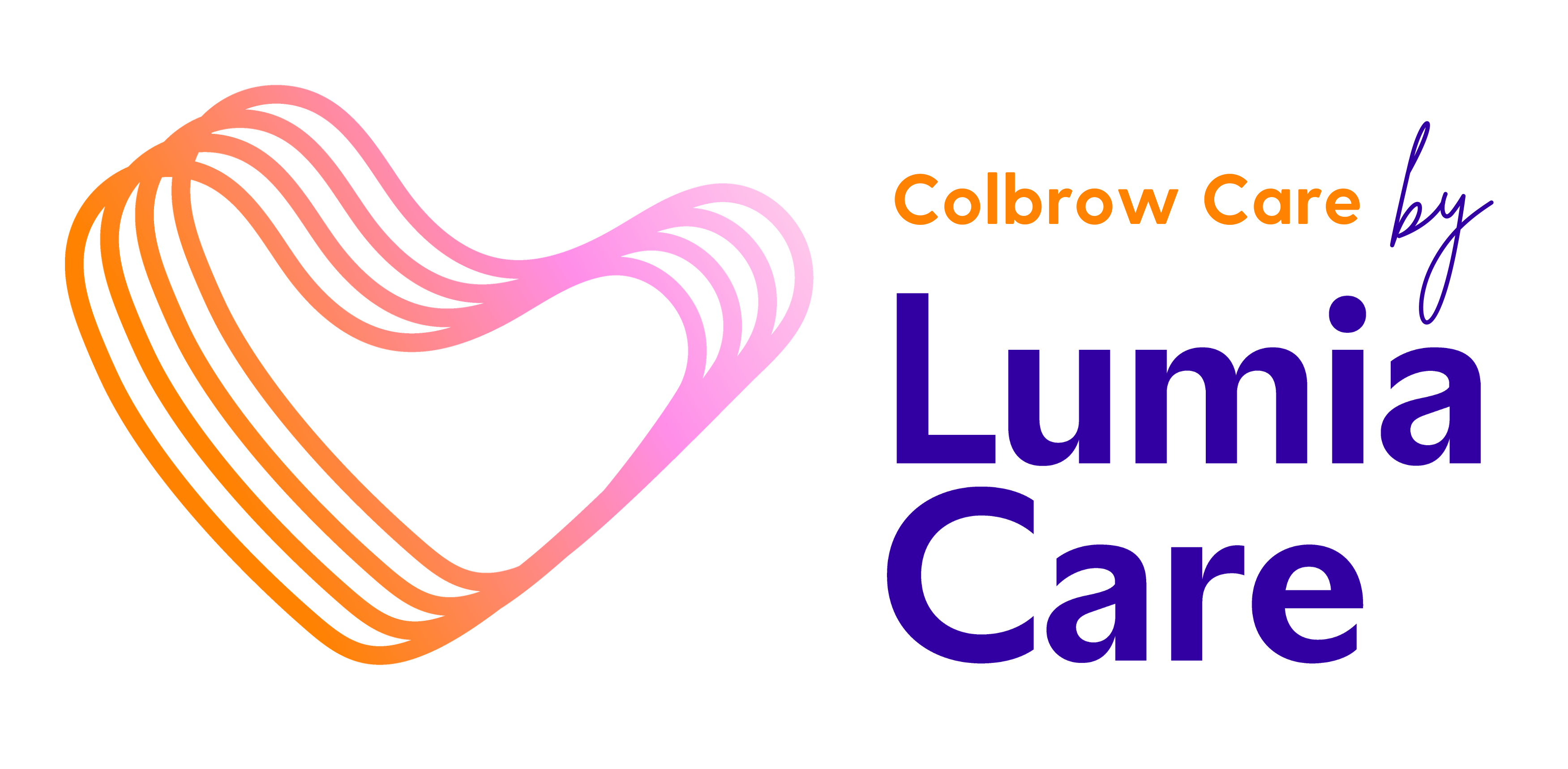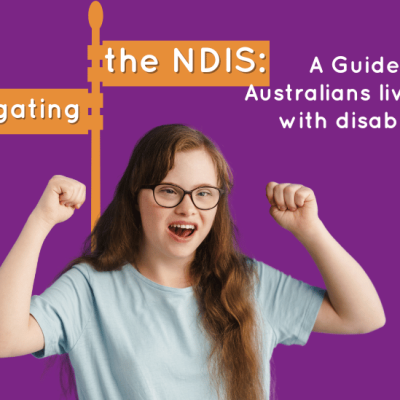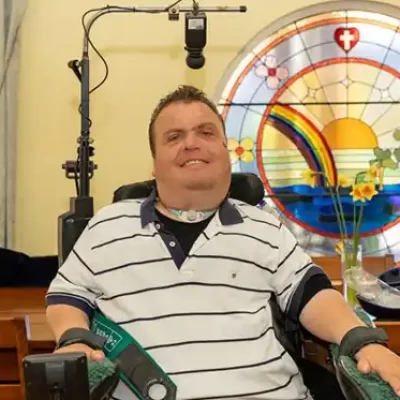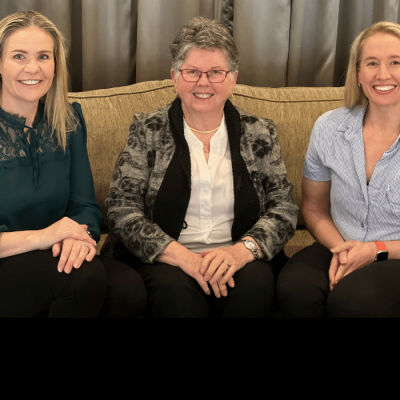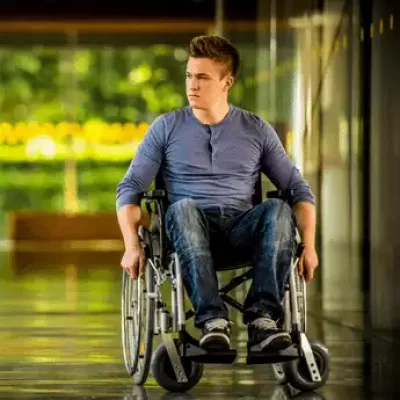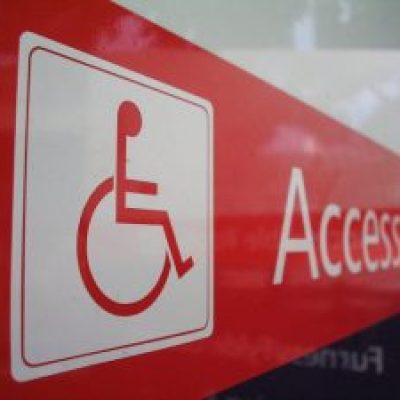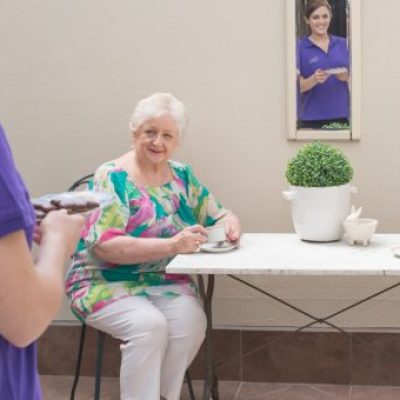This blog post aims to break down the essential steps that individuals living with disability in Australia need to take in order to access the National Disability Insurance Scheme.
Capacity Building Supports help you build independence and skills so that you can reach your long-term goals. Unlike the Core Supports budget, funding in the capacity building supports is not flexible and must be used to purchase approved individual supports that fall under the nine distinct categories. Each of these categories fund different activities and services that are related to your NDIS goals and as such, you may or may not have all nine categories in your support plan. They are:
- Support Coordination
- Home Living
- Increased Social and Community Participation
- Employment
- Relationships
- Health and Wellbeing
- Lifelong Learning
- Choice and Control
- Daily Living
Our (dis)ability workers can provide assistance in all categories except for Home Living, Employment, and Lifelong Learning.
Support Coordination is a support that helps you build the skills necessary to understand, implement and use your plan to its full potential so that you can reach your goals.
There are three different levels of support coordination dependent on your goals:
- Support Connection: helps build your ability to connect with community, informal and formal supports thus, empowering you to reach your goals
- Support Coordination: helps build the skills necessary to comprehend and utilise your plan through a mix of supports focused on building your capacity for improved relationships, independent living, community inclusion, and service delivery management.
- Specialist Support Coordination: is a high level of support coordination for those with complex situations and needs.
In addition to supporting you in building the capacity to self-direct, your support coordinator will assist you to find providers, negotiate service delivery and costs and ensure service agreements and bookings are finalised. They will help you exercise choice and control and build your confidence.
The Increased Social and Community Participation funding is for activities that help you build skills, independence, and confidence so you can access and participate in community, social and recreational activities.
This support category can be used to pay for fees, art classes, sports coaching, and similar activities that help you build skills and independence.
It can be used to pay for camps, classes, and school holiday activities that have capacity building components. It can also be used to fund a number of lessons to test whether you are capable of continuing with an activity, to pay for attendance at a camp that helps you work on some of your goals such as improving relationships, and for (dis)ability specific equipment you might need to participate in an activity of your choice.
Relationships are a key component in a life lived well, but at times they can be tricky to navigate! Under this category, supports can be purchased to help you develop positive behavioural strategies to improve your interactions with the people in your life and community.
Your Improved Relationships category may include funding for a behaviour support plan, development of positive behaviour management strategies, development of social skills and behaviour intervention.
Behaviour support focuses on providing you with evidence-based strategies and person-centred supports that address your unique needs as well as the underlying causes of the behaviours of concern.
Positive behaviour management strategies involve getting to know you and the behaviours of concern, what triggers these behaviours, identifying more appropriate behaviours and positive reinforcement whilst eliminating the use of restrictive interventions.
Behaviour intervention can include highly specialised intensive supports which seek to address significantly harmful or persistent behaviours of concern.
Improved Health and Wellbeing supports you in learning how to better manage your lifestyle and make improvements in areas such as diet and exercise.
Sometimes making poor choices about what and how much you eat as well as not getting enough exercise, can negatively impact your health and wellness. Or, your (dis)ability may make exercising challenging or trying new foods difficult.
Optimising your health and wellbeing are key fundamentals of a happy, healthy, and independent life. Eating well fuels your body and provides all the nutrients necessary to stay well. Exercise enhances your quality of life by improvements to everyday function and wellbeing.
Through this category, you can access the services of an exercise physiologist or personal trainer as well as engaging a dietitian or nutritionist to help you plan and follow an eating plan adjusted to your likes and dislikes.
The Improved Life Choices category includes plan management which supports you in managing your NDIS supports as well as building your financial and organisational skills.
We can help support you with training opportunities that build your confidence and skills so that you are able to direct your own supports and possibly self-manage in the future.
The Improved Daily Living category covers supports that help you develop and increase your independence as well as your participation in the community. In other words, helping you develop the basic skills that enable you to experience more out of your day-to-day life.
These supports can be in the form of training or skills development in accordance with your goals. You can also access allied health therapies such as psychology, physiotherapy, occupational and speech therapy to learn new skills and strategies to increase independence and community participation. Taking part in a social skills group can also be funded under this category, as these skills will help increase your independence and confidence when accessing the broader community. Allied health services can be delivered individually or in a group, dependent on your needs.
You can also utilise this category to fund any assessments and/or reports you may need prior to a plan review.
Capacity Building Supports help you build independence and skills so that you can reach your long-term goals. Unlike the Core Supports budget, funding in the capacity building supports is not flexible and must be used to purchase approved individual supports that fall under the nine distinct categories. Each of these categories fund different activities and services that are related to your NDIS goals and as such, you may or may not have all nine categories in your support plan. They are:
- Support Coordination
- Home Living
- Increased Social and Community Participation
- Employment
- Relationships
- Health and Wellbeing
- Lifelong Learning
- Choice and Control
- Daily Living
Our (dis)ability workers can provide assistance in all categories except for Home Living, Employment, and Lifelong Learning.
Support Coordination is a support that helps you build the skills necessary to understand, implement and use your plan to its full potential so that you can reach your goals.
There are three different levels of support coordination dependent on your goals:
- Support Connection: helps build your ability to connect with community, informal and formal supports thus, empowering you to reach your goals
- Support Coordination: helps build the skills necessary to comprehend and utilise your plan through a mix of supports focused on building your capacity for improved relationships, independent living, community inclusion, and service delivery management.
- Specialist Support Coordination: is a high level of support coordination for those with complex situations and needs.
In addition to supporting you in building the capacity to self-direct, your support coordinator will assist you to find providers, negotiate service delivery and costs and ensure service agreements and bookings are finalised. They will help you exercise choice and control and build your confidence.
The Increased Social and Community Participation funding is for activities that help you build skills, independence, and confidence so you can access and participate in community, social and recreational activities.
This support category can be used to pay for fees, art classes, sports coaching, and similar activities that help you build skills and independence.
It can be used to pay for camps, classes, and school holiday activities that have capacity building components. It can also be used to fund a number of lessons to test whether you are capable of continuing with an activity, to pay for attendance at a camp that helps you work on some of your goals such as improving relationships, and for (dis)ability specific equipment you might need to participate in an activity of your choice.
Relationships are a key component in a life lived well, but at times they can be tricky to navigate! Under this category, supports can be purchased to help you develop positive behavioural strategies to improve your interactions with the people in your life and community.
Your Improved Relationships category may include funding for a behaviour support plan, development of positive behaviour management strategies, development of social skills and behaviour intervention.
Behaviour support focuses on providing you with evidence-based strategies and person-centred supports that address your unique needs as well as the underlying causes of the behaviours of concern.
Positive behaviour management strategies involve getting to know you and the behaviours of concern, what triggers these behaviours, identifying more appropriate behaviours and positive reinforcement whilst eliminating the use of restrictive interventions.
Behaviour intervention can include highly specialised intensive supports which seek to address significantly harmful or persistent behaviours of concern.
Improved Health and Wellbeing supports you in learning how to better manage your lifestyle and make improvements in areas such as diet and exercise.
Sometimes making poor choices about what and how much you eat as well as not getting enough exercise, can negatively impact your health and wellness. Or, your (dis)ability may make exercising challenging or trying new foods difficult.
Optimising your health and wellbeing are key fundamentals of a happy, healthy, and independent life. Eating well fuels your body and provides all the nutrients necessary to stay well. Exercise enhances your quality of life by improvements to everyday function and wellbeing.
Through this category, you can access the services of an exercise physiologist or personal trainer as well as engaging a dietitian or nutritionist to help you plan and follow an eating plan adjusted to your likes and dislikes.
The Improved Life Choices category includes plan management which supports you in managing your NDIS supports as well as building your financial and organisational skills.
We can help support you with training opportunities that build your confidence and skills so that you are able to direct your own supports and possibly self-manage in the future.
The Improved Daily Living category covers supports that help you develop and increase your independence as well as your participation in the community. In other words, helping you develop the basic skills that enable you to experience more out of your day-to-day life.
These supports can be in the form of training or skills development in accordance with your goals. You can also access allied health therapies such as psychology, physiotherapy, occupational and speech therapy to learn new skills and strategies to increase independence and community participation. Taking part in a social skills group can also be funded under this category, as these skills will help increase your independence and confidence when accessing the broader community. Allied health services can be delivered individually or in a group, dependent on your needs.
You can also utilise this category to fund any assessments and/or reports you may need prior to a plan review.
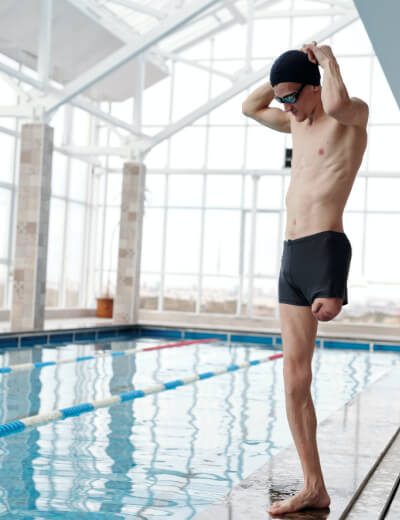
HLTHPS006 assist clients with medication course trains care workers to oversee, assist and deliver medicine to their clients checking they take their …
Neurodevelopmental disorders Neurodevelopmental disorders are a group of conditions that affect the development of the brain and nervous system. They typically manifest …
Disability support services are an integral component in the lives of those living with (dis)ability. Recently, two of our team members had …
Recently The Age interviewed us for a feature article on Disability Support. Over three generations, our family has owned and operated Colbrow …
Understanding the NDIS and what it means to those living with disability Understanding the NDIS for many Australians is not easy! However …
The TAC or Transport Accident Commission is a “no-fault” insurance scheme owned by the Victorian Government. What this means in practice is that if you were injured in a transport accident here in Victoria, you are entitled to make a claim for compensation to cover the cost of treatment and support, even if the accident was your fault.
DISABILITY HOME CARE SERVICES It is the right of everybody to be free to pursue anything they want to in life, to …
Before agreeing to access services from a private in-home care service provider, there are a number of questions you should ask to …
